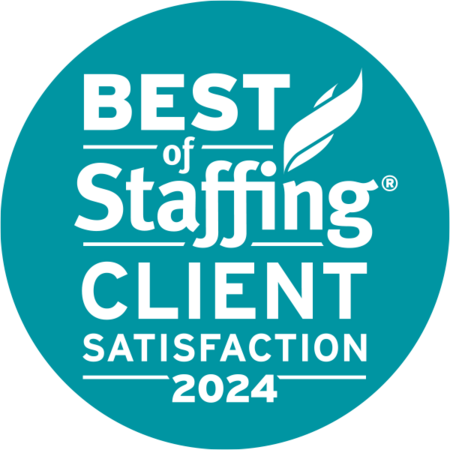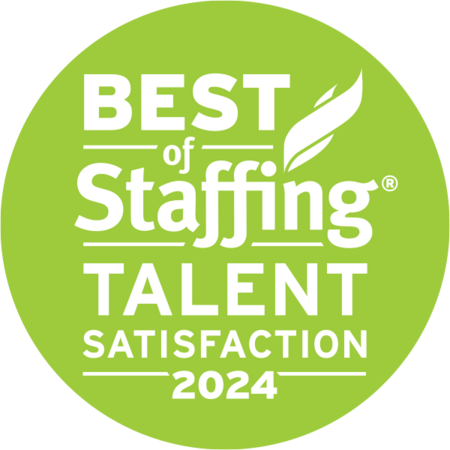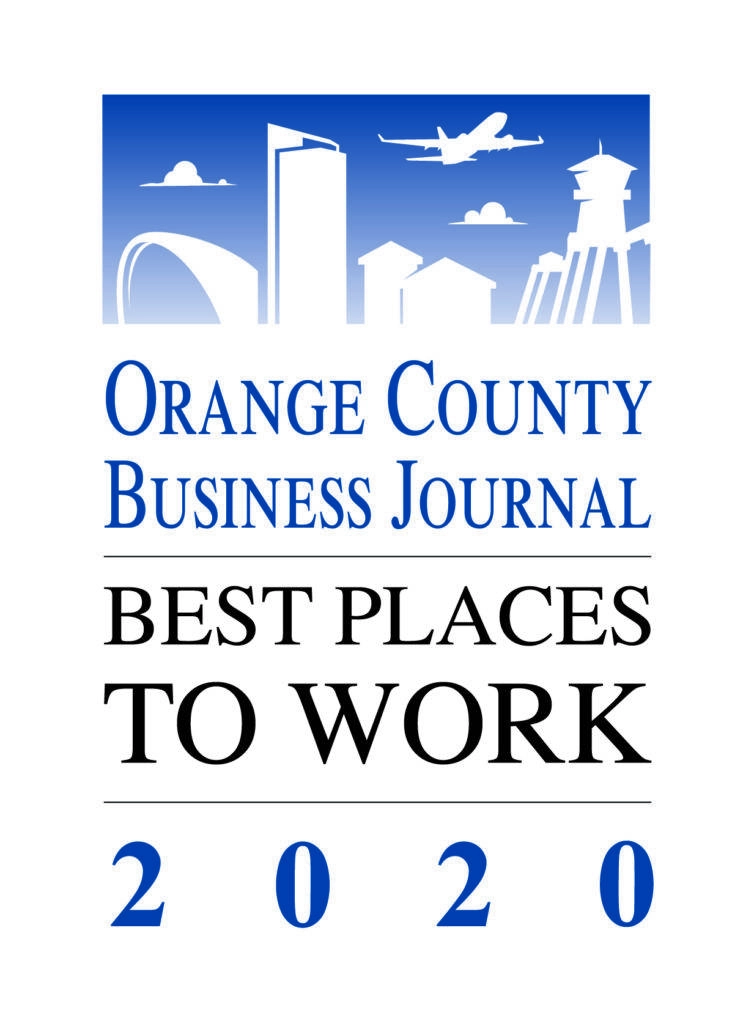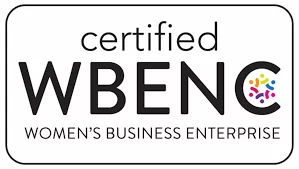By Jennifer Hannigan, CEO Alliance Resource Group
Note: This is part two of a two-part series.
Last week, we posted a blog about the disintegration of common courtesy in the interview process, highlighting five critical behaviors that, in my opinion, are non-negotiable for job seekers. Having been in the executive search and temporary consulting business for nearly 25 years, I have witnessed a major decline in relationship dynamics that transcends all age groups and demographics. And this deterioration of manners isn’t solely specific to candidates. I see slippages of courtesy with clients during the hiring process as well.
Hiring managers and human resource professionals are the stewards of corporate culture and professional development, particularly within the spheres of Accounting and Finance. As these fields continually adapt to regulatory changes and complex stakeholder networks, hiring personnel must navigate not only the qualifications and expertise of potential candidates but also the nuances of professional conduct that are crucial for a cohesive workplace.
Yet, there’s a troubling trend that could undermine the very foundation of workplace rapport and collaboration: the decline of common courtesy throughout the recruitment process.
The finesse of interpersonal interactions, so vital for building trust and teamwork, is at risk.
The decay of professional courtesy is evident in various forms: abrupt emails usurping comprehensive conversations, dwindling patience for nurturing talent, and neglect in post-interview communications. These behaviors, seemingly minor when viewed individually, cumulatively breed an environment that hampers frank discourse and erodes the communal and supportive foundation for long-term achievement in any organization. Hiring managers must be vigilant of these shifts in conduct, as you are leaders of the underlying principles that shape the identity of your corporate brand.
Moreover, as we reported last month, the competition for top-tier Accounting and Finance talent remains strong despite signs of a cooldown in the labor market. In our field, candidates still have the upper hand in the imbalance between the number of highly skilled job seekers and open positions. If candidates are not treated with respect and prompt communication throughout the entire hiring process, they can easily accept another attractive offer from a competitor.
Position Yourself and Your Company as Leaders of Professional Decorum Within a Welcoming Corporate Culture
For me, the significance of these shifts in professional decorum hit home recently when a promising CFO candidate was disqualified from the hiring process due to the omission of a post-interview thank-you note — a simple act of politeness that became a dealbreaker, costing the candidate not just a lucrative salary but a transformative career opportunity.
Such omissions and oversights in these basic courtesies can be perceived as disrespect, generating unnecessary frustration for all parties involved. In an era where the subtleties of professional etiquette are increasingly overlooked — and worse, not reciprocated — there lies a golden chance for HR professionals and company executives to foster a culture that emphasizes and rewards those nuances, setting you and your company apart in the candidate-driven marketplace.
Below are five essential behaviors that every hiring professional should embody throughout the entire recruitment process, which demonstrate and reciprocate respect while highlighting the corporate mission, values and ethos.

1) Cultivate a Professional Approach
Create a welcoming environment during the initial interaction, whether it’s via telephone, digital conferencing, or face-to-face meetings. The essence of your professional approach will be measured by how well you’ve prepared for the interview.
Engage wholly with every candidate. The process of sifting through numerous applicants to find the right one for the role may feel daunting — especially if you are culling down hundreds of resumes into a defined candidate pool. Yet, it’s your job to fully prepare for each conversation, reading every resume in advance and personalizing a few comments based on individual strengths and/or areas of interest.
It’s often in the most unexpected candidates that you may discover a gem. The ideal candidate may not meet every single criterion listed in the job specification but might bring a wealth of adaptability, eagerness to learn, and the potential for cultural synergy with your team. It’s not uncommon for hiring managers to recount experiences of candidates who have exceeded interview expectations, even if their resumes didn’t tick every box. Make the effort to welcome each candidate and know who you are interviewing. This goes a long way in conveying a positive corporate culture early on.

2) Enhance Transparency and Define Clear Expectations
The path through the hiring process is often intricate, growing more so at the upper levels of corporate hierarchy. With the escalation of role responsibilities, the dialogue and engagement required also intensify, making it essential to communicate with precision and forthrightness. It’s important to be unequivocal about what is needed and what the subsequent steps are — such transparency is not merely helpful; it is essential.
A multitude of factors, from burgeoning projects and workforce shortages to the cyclical pressures of fiscal reporting periods, can cause recruitment timelines to extend. While at times this may be inevitable, it remains the responsibility of the hiring manager, human resources or internal recruiter (or whomever is ultimately responsible at the company for the success of the search) to manage this communication proactively, ensuring candidates are updated on their status and forthcoming phases of the interview process. It is important to avoid leaving candidates in uncertainty.
For candidates who view your role as a pivotal move in their professional journey, the interview process is more than a meeting; it’s a potential turning point. They may be pausing other job prospects or deferring decisions in anticipation of your company’s decision. Should there be any delays or changes in the recruitment timeline, make it a point to inform them directly. Outline the expected duration of the delay and provide a clear timeline for when they can expect an update. In instances where a role is put on hold indefinitely, candidly communicate this reality, allowing candidates the freedom to pursue alternative opportunities with clarity. Your openness will not only be appreciated but will also maintain the integrity of your company’s recruitment process.
3) Respond to Thank-You Letters
The exchange of gratitude following an interview is a fundamental aspect of professional etiquette and reflects strong leadership and accountability within the hiring process.
It is essential to recognize and respond to thank-you messages from candidates. These individuals have invested time to prepare and may have taken time away from their current roles to meet with you, often carrying a mix of nerves and excitement. Regardless of their performance in the interview, every candidate deserves a prompt and encouraging response. Such recognition validates their effort and honors the significance of the occasion for them.
Failure to acknowledge a candidate’s follow-up can inadvertently signal disinterest, potentially prompting them to continue their job search elsewhere. This oversight not only appears discourteous but may also inadvertently cast a shadow over your organization’s culture, suggesting a lack of consideration that could tarnish the company’s reputation.
Following up an interview with a note of gratitude — and likewise acknowledging receipt of the message — are critical steps in leadership and accountability, as well as the interview process.

4) Finalize Engagements with Consideration
Completing the communication cycle is essential, whether it leads to an employment offer or acknowledging that a candidate is pursuing a different path.
For those in hiring and human resources, the failure to properly close the loop directly with all active candidates is a grave professional misstep. It’s a story that I hear all too frequently: candidates left in a state of limbo, wondering about the outcome of their application. Such neglect is more than just a breach of protocol; it creates unnecessary stress and confusion for candidates, and it reflects poorly on the professionalism of the organization.
In any resolution — whether it’s an offer of employment, internal promotion, or a pause on recruitment efforts — clear communication with each candidate is a professional imperative. A simple yet meaningful closure should communicate: 1) the difficulty of the decision, 2) an acknowledgment of the candidate’s qualifications and the value they could bring, and 3) best wishes for their ongoing job search. This straightforward approach is a matter of professional courtesy and reflects an ethos of respect and empathy.
5) Be Prompt in all Interactions
In recruitment and hiring, promptness is not merely a virtue but a cornerstone of effective communication. It is the pulse that keeps the process alive and the candidates engaged. In Accounting and Finance, where time is often the currency of opportunity, maintaining a swift pace in correspondence is essential. Delays can signal disinterest or disorganization, potentially disengaging promising candidates and impairing the organization’s ability to secure top talent.
As hiring professionals, it’s imperative to respond to inquiries, applications, and follow-ups promptly. This does not only apply to post-interview correspondence but is equally important at every stage of the hiring process. From the initial application acknowledgment to the final decision communication, each interaction should be handled with alacrity.
The ability to manage time effectively and respond promptly reflects the overall efficiency of an organization and sets the tone for the company culture. It reassures candidates of their value and shows that the company respects their time and effort. This practice not only enhances the candidate’s experience but also bolsters the company’s reputation as an employer of choice in the competitive market.
Are you seeking top talent for interim or long-term placement? Alliance Resource Group can help.
What We Are Reading
Retention Resolutions to Keep Top Talent in 2024
A CFO Action Plan for 2024 (CFO.com)
CFOs’ Balancing Act: Juggling Priorities to Build Resilience (McKinsey)





